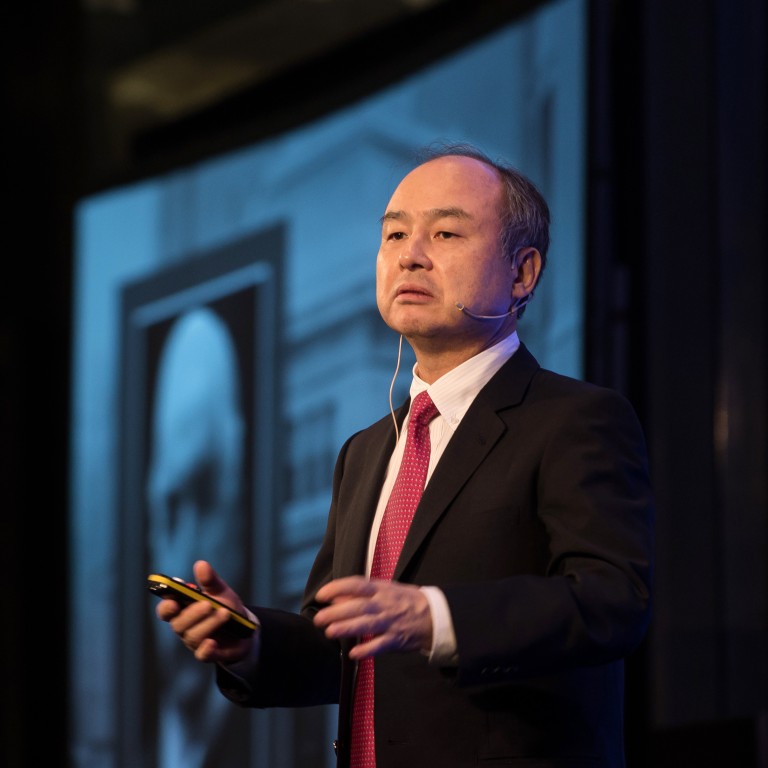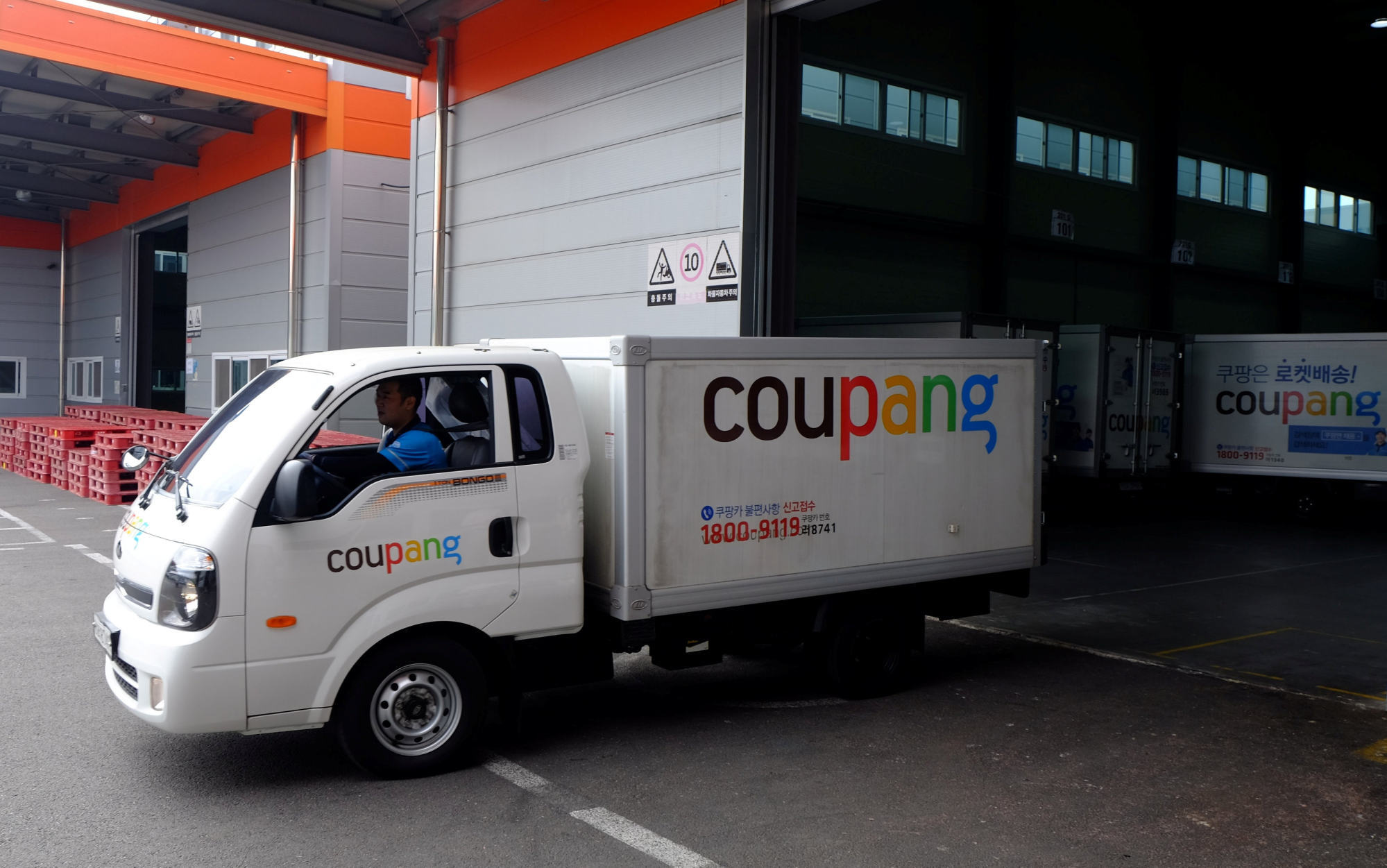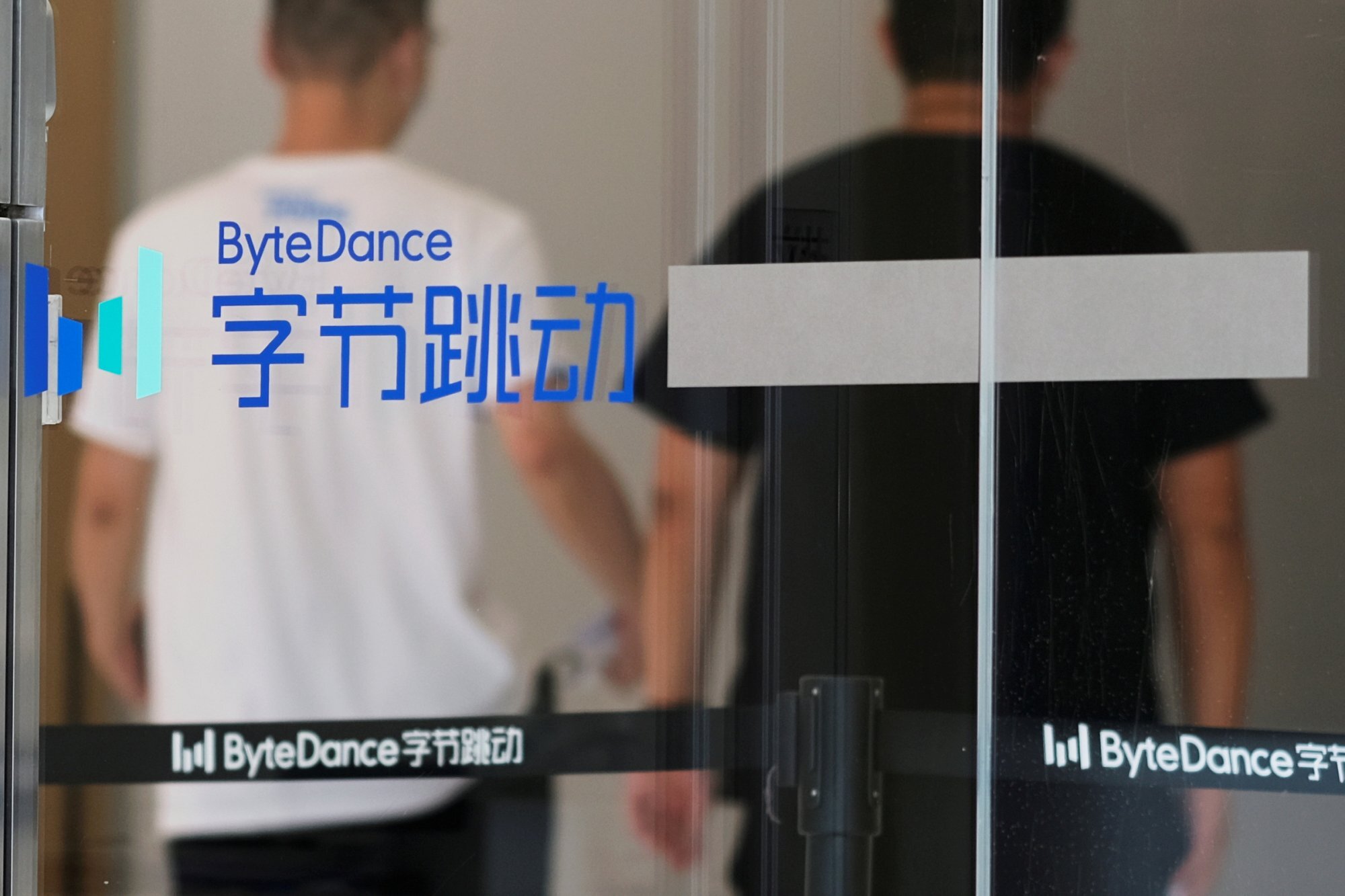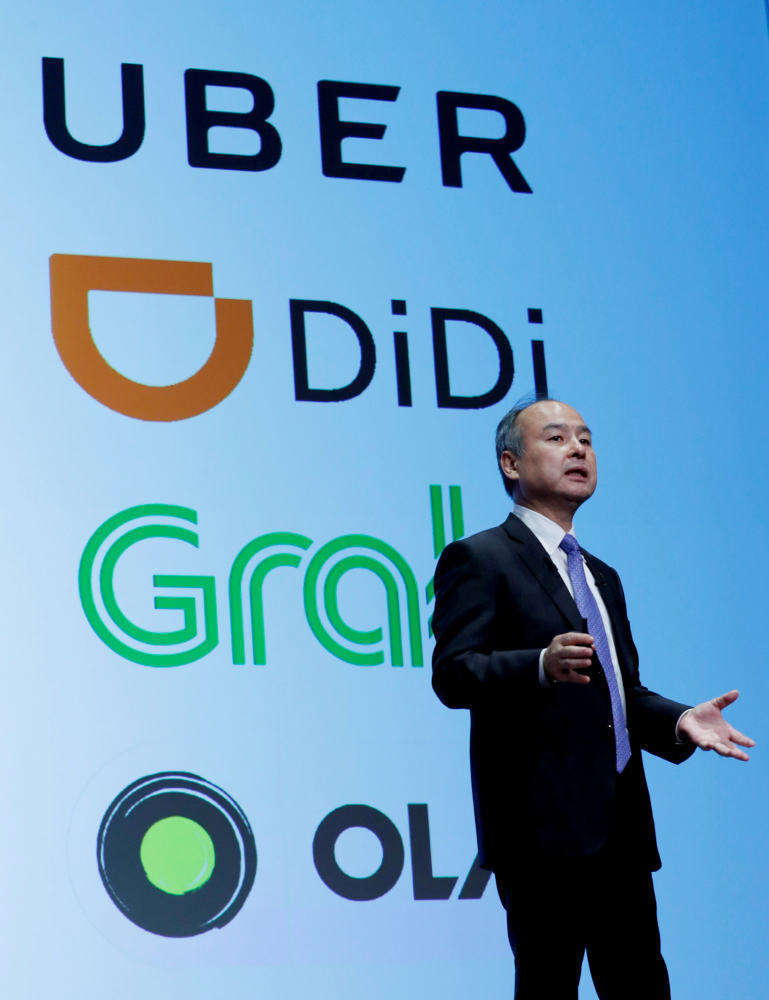
SoftBank Vision Fund’s profit nears US$30 billion on Coupang IPO, ByteDance stake
- Coupang’s US$4.6 billion offering marks SoftBank’s best return since Alibaba’s listing in 2014
- Vision Fund will also book a gain on its 3 per cent stake in ByteDance, the TikTok owner with a US$140 billion valuation
When Son takes the stage to report the latest results, he will probably have one more milestone to celebrate: group net income that is the highest ever for a listed Japanese company in any quarter dating back to 1990, according to data compiled by Bloomberg. SoftBank already holds the top spot, setting the current high of 1.26 trillion yen (US$11.5 billion) in June.

“The markets are very encouraged and supportive of what the Vision Fund has been able to do with its investments,” said Justin Tang, head of Asian research at United First Partners in Singapore. “Clearly, there is still a lot of money out there that needs to find a home.”
Coupang’s shares ended the quarter 41 per cent higher than its mid-March IPO. The Vision Fund invested in November 2018 in a US$2 billion deal that valued Coupang at US$9 billion. That funding followed US$1 billion from SoftBank itself in 2015, valuing the start-up at about US$5 billion. The Japanese conglomerate’s 33 per cent stake was worth close to US$28 billion as of March 31.

The Vision Fund will also book a gain on its stake in ByteDance, the Chinese parent of hit video app TikTok. SoftBank owns about 3 per cent of the company, a stake it acquired mostly at a US$63 billion valuation in secondary markets in addition to a direct investment at a US$75 billion valuation, the people said. The company has since hit US$140 billion, according to market researcher CB Insights, and traded at US$250 billion in private transactions, Bloomberg News reported.
Even WeWork, one of Son’s biggest missteps in recent years, will contribute to profit. After its failed IPO attempt and a bailout by SoftBank in 2019, the office-sharing company saw its worth tumble to US$2.9 billion last year amid the pandemic – a far cry from its once-lofty US$47 billion valuation. WeWork now plans to go public via a blank-check company in a deal that would value it at US$9 billion.
How SoftBank founder Masayoshi Son became Japan’s third-richest billionaire
“Coupang is a home run for the Vision Fund. And there is likely to be more good news around Didi, ByteDance, Grab and even WeWork,” said Atul Goyal, a senior analyst at Jefferies. “But profits are meaningful when they recur. These gains are neither operating nor recurring.”
SoftBank does not have to sell equity holdings to book income, so its profits are often just on paper. It reports income when the value of companies like Coupang rise, boosting the value of its stock. Its accounting practices comply with industry standards.
About half of the capital raised in the IPOs so far this year has gone to special-purpose acquisition companies (SPACs) and SoftBank has joined the frenzy, listing several blank-check companies since the start of the year. The three SPACs created by the Vision Fund have a combined market capitalisation of about US$1.5 billion.

At the previous earnings briefing in February, Son said SoftBank may see between 10 and 20 public listings a year. Grab said this week it will go public through the largest-ever merger with a blank-check company, valuing the Southeast Asian ride-hailing and delivery giant at about US$40 billion. Its Chinese counterpart Didi has filed with the US Securities and Exchange Commission for an IPO that could value the company as high as US$70 billion to US$100 billion.
“The wind will probably continue to be at Son’s back for some time,” said United First Partners’ Tang. “But matching last fiscal year’s performance would be quite a feat.”

